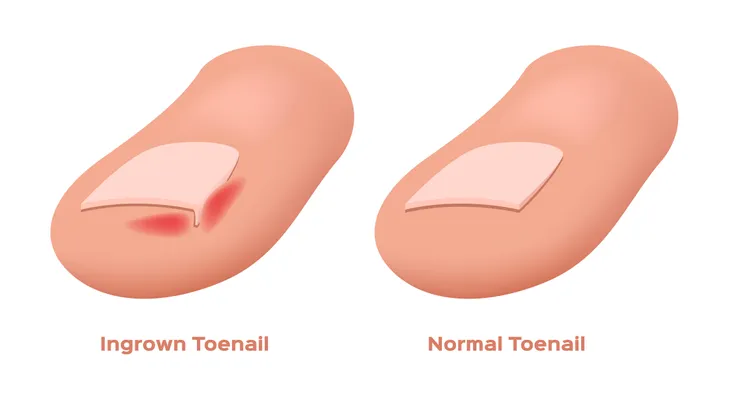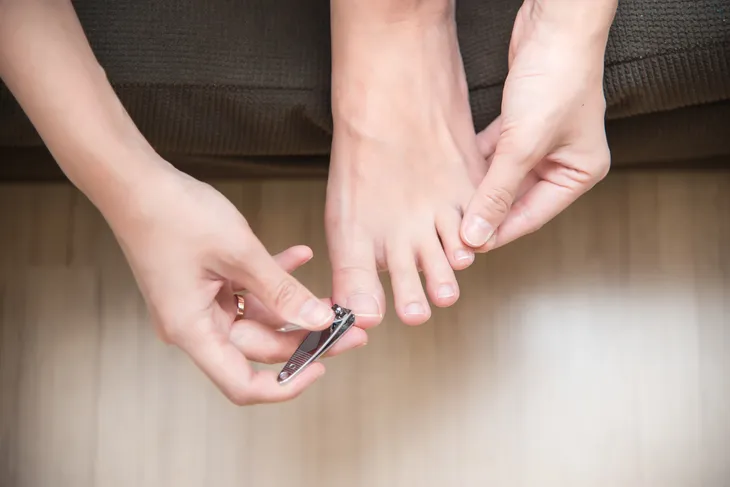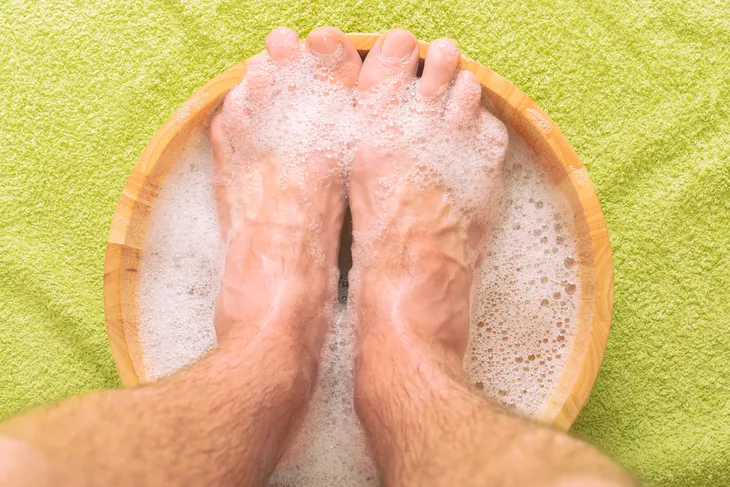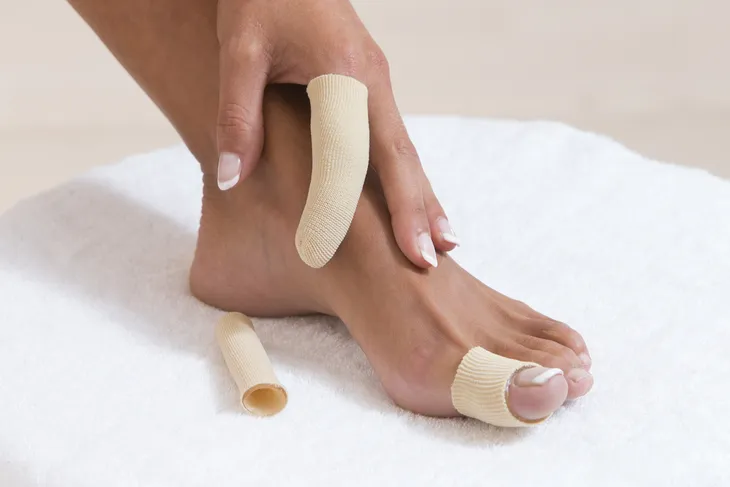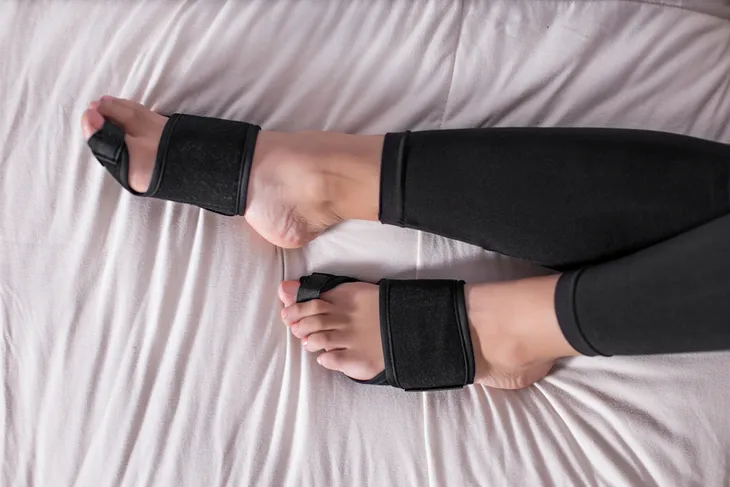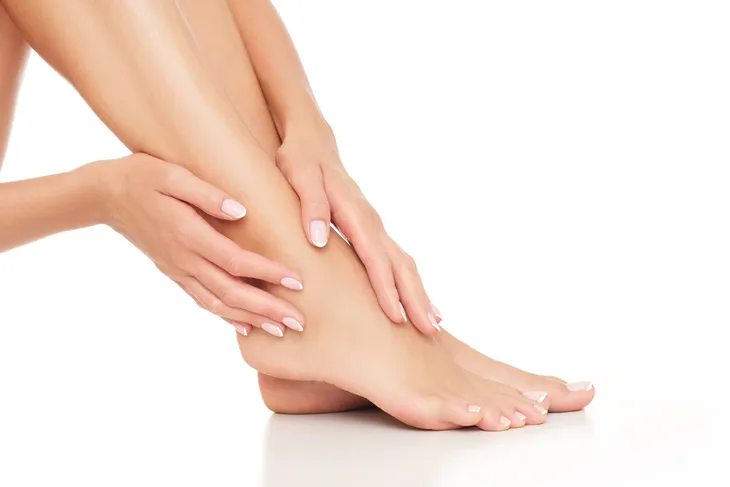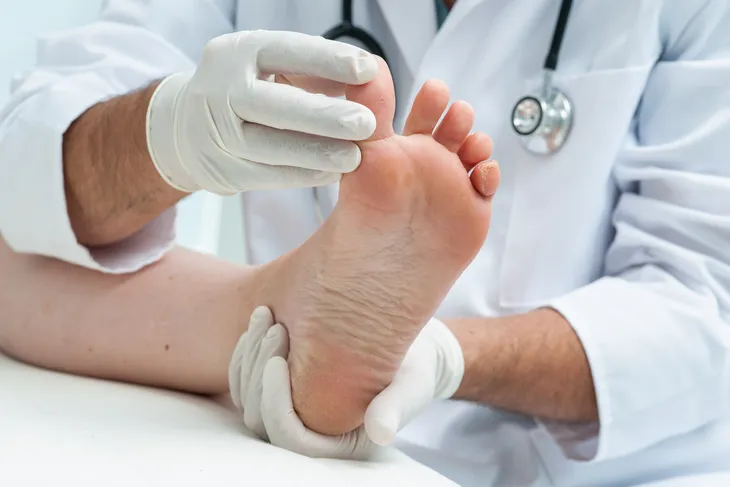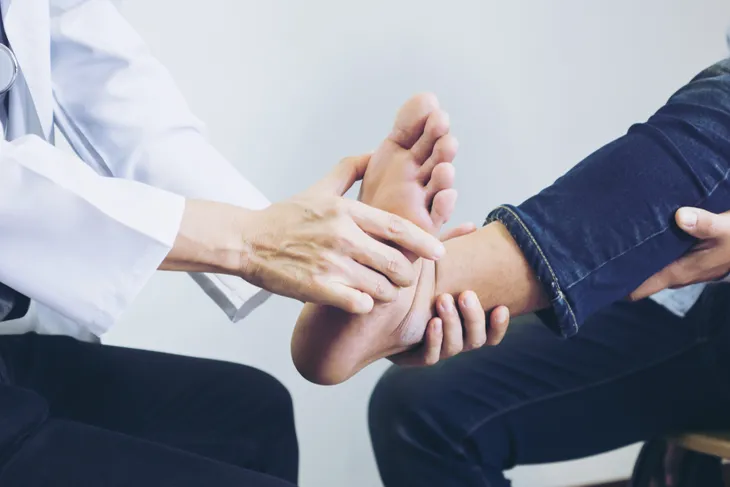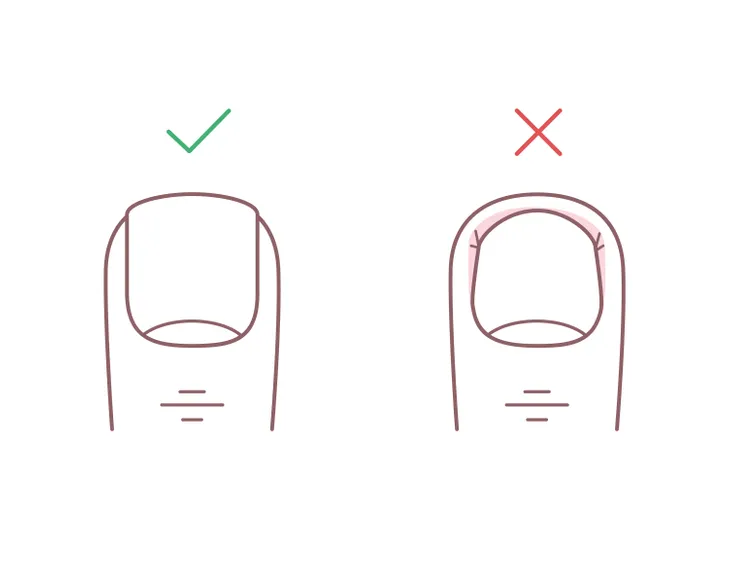Nothing stops your day in its tracks like an ingrown toenail. We know, we know. There are a million other ailments that are way more painful, and way more serious. But don’t get it twisted, suffering from an ingrown toenail can be serious too. They can also be incredibly painful, and frustratingly difficult to treat.
So, what are they, and what can you do about them? Today, we’re going to take a look at the most efficient and effective home remedies for those pesky ingrown toenails. Let’s dive in!
What Is It?
Most of us never even notice our toenails until there’s something dramatically wrong with them. Besides toenail fungus, ingrown toenails are the leading culprit of toe-centric pain and frustration. They are incredibly common, but that doesn’t make them any less frustrating. So, what are they?
Ingrown toenails happen when the edges of the nail grows in such a way that it digs into the skin of the toe. The big toe is the one most commonly affected by ingrown toenails. Having said that, no toe is altogether immune.
What Causes Ingrown Toenails?
So what causes ingrown toenails in the first place? They can develop for many reasons. In some cases, ingrown toenails are congenital and the nail is just too large for the toe.
Trauma can also cause ingrown toenails such as stubbing your toe or having it stepped on. But the most common cause of ingrown toenails is due to improper trimming or grooming of the nail as well as wearing overly-tight shoes.
Effective Home Remedies for Ingrown Toenails
Now that we have an understanding of what ingrown toenails are, and why they happen, next, we’ll take a look at home remedies you can try! While most home remedies can help provide some relief, it is important to keep an eye on the ingrown toenail.
It’s worth noting, in some cases, you may require medical treatment. Ingrown toenails can also be a serious risk for individuals with diabetes or circulatory difficulties which we’ll dive into later.
Soak in Warm Water
This remedy may sound simple, but at-home remedies don’t have to be complicated for you to be able to experience the benefits.
Ingrown toenails can cause swelling, irritation, and pain. But you don’t have to resign yourself to limping around. If you’ve had enough, fill your bathtub with warm, soapy water and soak the affected foot. You can do this for as long as 20-minutes at a time and up to three times per day. For additional relief, consider adding Epsom salts to the soapy water mix as well.
Soak in Apple Cider Vinegar
Apple cider vinegar has many benefits! It can help you lose weight, lower cholesterol, lower blood sugar levels, help kill harmful bacteria, boost skin health, and may even improve your heart health. Apple cider vinegar is the at-home remedy seeker’s magic bullet. Made by chopping apples, covering them with water, and leaving them to ferment at room temperature, this pantry staple may also help alleviate those pesky ingrown toenail symptoms!
To take advantage of the antiseptic, anti-inflammatory, and pain-relieving properties of apple cider vinegar, mix ¼-cup with some warm water and soak the injured foot for up to 20-minutes every day.
Toe Protectors
You may need to head to the pharmacy, but you don’t need a prescription to find ease and comfort from a toe protector.
Toe protectors come in various shapes, sizes, and applications, but they all try their best to alleviate in-grown toenail symptoms. Some completely cover the toe, some separate the toes, while others will use medicated gel to soften nails to make for easier trimming.
Toe Braces
Toe braces are usually relied upon for injuries other than ingrown toenails. They help treat turf toe and can help heal non-serious breaks and fractures. But toe braces can also help insulate and protect a toe that’s dealing with an ingrown nail.
If you’re stuck between purchasing a toe brace or a toe protector, ask your local pharmacist or consult your doctor before spending too much money on ill-fitting and unnecessary medical gear.
Pain Relievers
Over-the-counter pain (OTC) relievers are safe, reliable, widely available. They’re also incredibly effective at mitigating some of the most irritating symptoms of ingrown toenails.
Try acetaminophen (Tylenol) for pain, or ibuprofen (Advil) for pain and swelling. Both work, though Advil is more commonly associated with pesky side effects like abdominal pain, upset stomach, and diarrhea. As with all OTC medications, be sure to stay within the daily recommended dosages to be safe.
Antibiotic Cream
Neosporin, Polysporin, and Bactroban are all available over-the-counter, and can all help promote healing and reduce the risk of infection of the affected toe.
If soaking your foot fails to ease discomfort, consider applying antibiotic cream or ointment to the affected area. The aforementioned creams are safe to use and should be applied roughly 3-times daily for the best results.
Sensible Footwear
The world doesn’t stop moving just because your toe hurts. Work, daily responsibilities, and family obligations continue to roll in, which may make staying off of your feet impossible.
If this sounds like your life, then you may need to adjust your footwear to help offset the discomfort caused by your ingrown toenail. Until your toe is fully healed, you should try your absolute hardest to wear comfortable footwear, including comfortable shoes and socks, to help ease your discomfort throughout the day.
When to See a Doctor
The majority of us don’t have to worry too much about ingrown toenails. Using any combination of the previously mentioned at-home remedies and staying off your feet should be more than enough. But there are reasons to seek out urgent medical care for an ingrown toenail.
Individuals with diabetes or circulatory difficulties should seek out medical care for ingrown toenails to prevent the development of more serious foot problems. Those who see no improvement in their ingrown toenails and/or are experiencing severe pain and swelling should also seek help.
How Doctors Can Help
Medical doctors can prescribe oral antibiotics should the ingrown toenail become infected. In some cases, they may recommend removing the nail.
They can remove the entire nail, remove a portion of the nail, or ease your concerns about prolonged symptoms. Speak to your doctor if you’re concerned about your ingrown toenail.
Prevention
Ingrown toenails can certainly be a pain but usually aren’t worth worrying about. Healing, and mitigating symptoms, really are as simple as following the steps we’ve outlined here.
Preventing ingrown toenails is quite simple too. Be careful to avoid unnecessary trauma to the toe. Trim your toenails straight across, and no shorter than the tip of your toe. Wear comfortable shoes, and protective footwear should your occupation require it.

